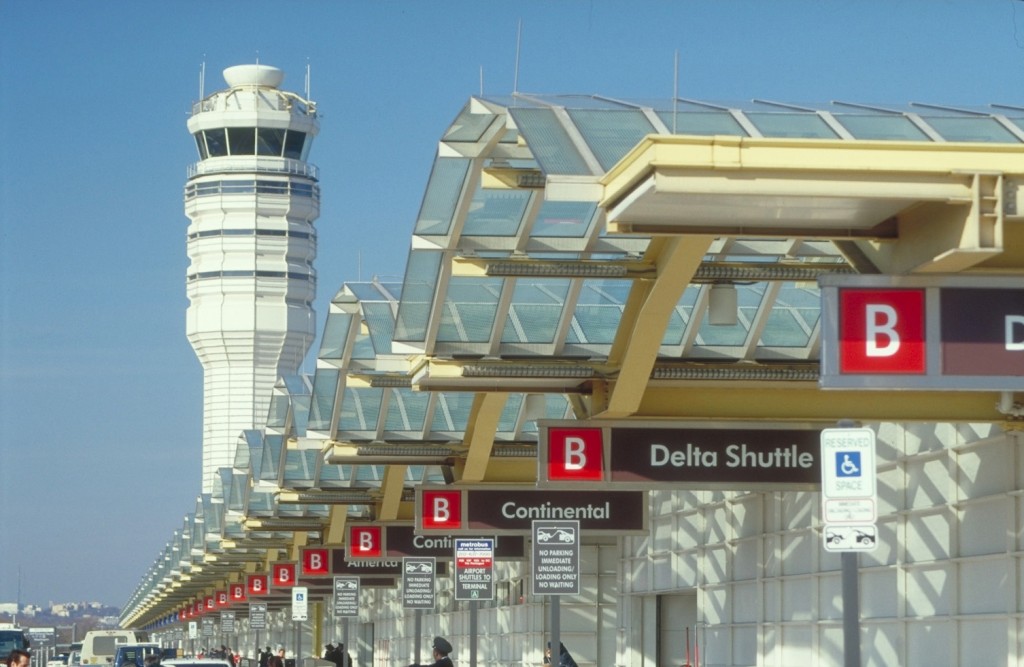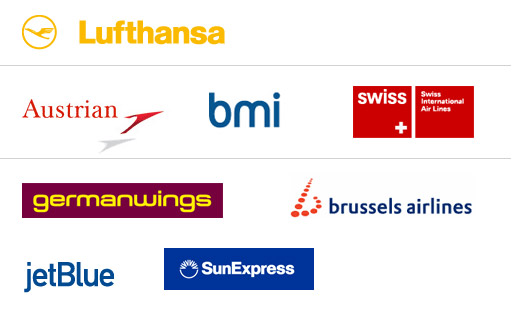I received few emails from our readers about announcement from US Airways about nonstop flights from Washington Ronald Reagan National Airport to Jackson, MS (JAN). I think they are under the impression that US Airways is utilizing the long distance slot to start service to Jackson. This is not correct. US Airways has not yet announced its plan for the usage of one slot pair permitted by DOT under the FAA Reauthorization Bill to start service to a destination exempted by the perimeter rule. The Jackson flight will be operated using the slots it gained by the slot-swap deal with Delta. I confirmed this with the US Airways Corporate Communications department.
[TABLE=8]
Under the FAA Reauthorization Bill, the four network careers (United, Delta, American and US) got exemptions to operate one round trip service to a destination beyond the 1250 statute miles limited by the perimeter rule. The careers did not get new slot pairs, but have to use one of their existing slot pairs to start this service. United, American and Delta already announced their routes for these exemptions.
Considering the fact that US Airways is the dominant career at Reagan National, it would take time to carefully evaluate its route options for the long distance slot. From Reagan National, it already operates three daily flights to Phoenix(PHX) and a one daily to Las Vegas (LAS). It would be very interesting to see how it would use the slot.

